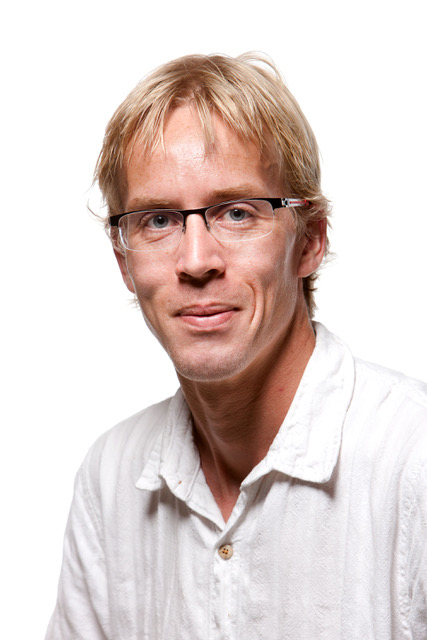Dr. Huising is a Professor at the University of California Davis where he leads a lab focused on the important role of intra-islet feedback on the regulation of islet fate and function. He completed his formal undergraduate and graduate education in his native the Netherlands after moving to California to train as a postdoctoral fellow at the Salk Institute under the guidance of the Wylie Vale. It was here that he laid the foundation for his current research program that has focused on local crosstalk between different endocrine cells in pancreatic islets. Mark discovered the function of the peptide hormone Ucn3 as the principal paracrine factor to activate pancreatic delta cells. This discovery has led to a broad focus on pancreatic delta cells and their physiological contribution to glucose homeostasis in response to a variety of physiological and metabolic cues including ghrelin and ligands for the FFAR4 fatty acid receptor. In a separate line of research, Mark discovered an entirely new beta cell type that lacks key maturity markers including Ucn3 and Glut2 that had gone unnoticed for decades. This discovery highlights the heterogeneity that exists among beta cells that betrays beta cell plasticity that is amplified under conditions of beta cell stress during diabetes. Research from Mark’s lab uses a combination of carefully validated mouse models with sophisticated live imaging experiment to observe the kinetics of multiple signaling cascades directly in intact islets in real time to quantify the changes in signaling dynamics that underly the regulation of insulin and glucagon release.
